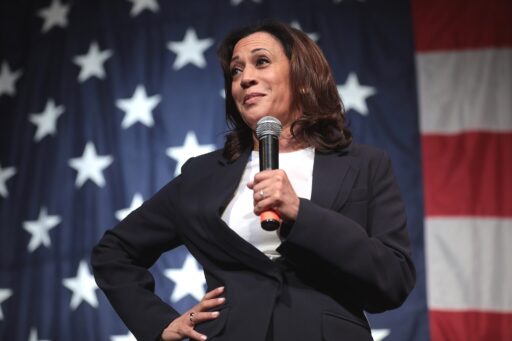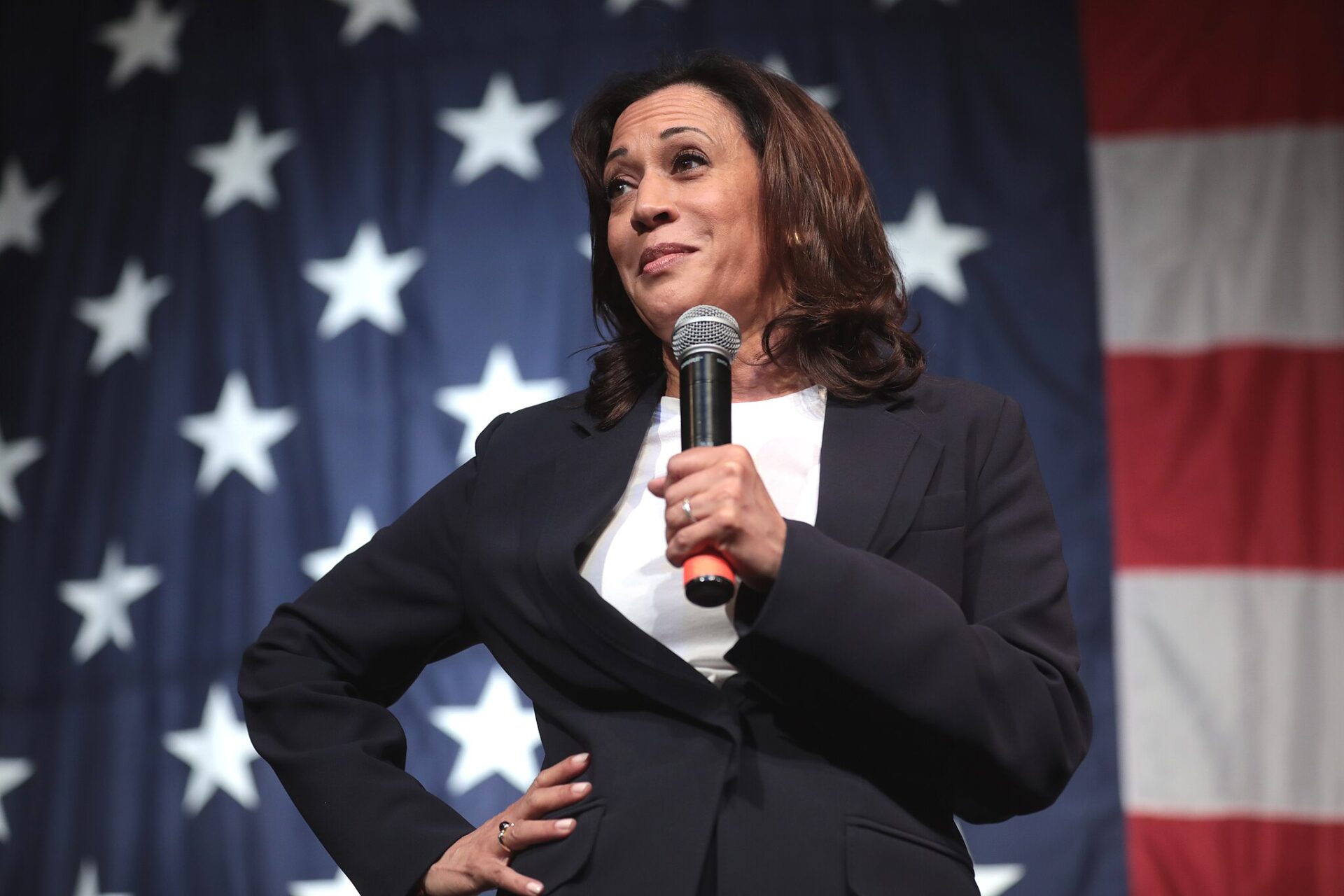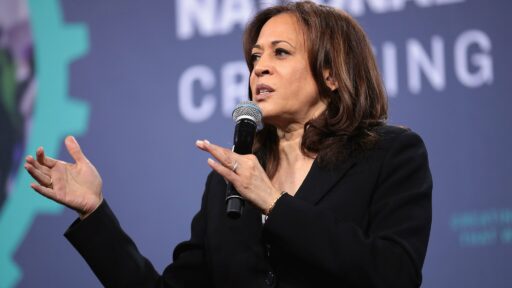Trump Still Facing Indictment?
Donald Trump could potentially face criminal charges in Arizona related to his alleged efforts to overturn the results of the 2020 presidential election. This development is emerging despite earlier recommendations from prosecutors to refrain from indicting the former president, as noted by legal expert Glenn Kirschner.
In a recent episode of The Legal Breakdown podcast, Kirschner, a former U.S. prosecutor and frequent Trump critic, voiced his frustration upon learning that the Arizona grand jury, which had already indicted 18 of Trump’s associates, had considered charging Trump himself. Kirschner described this as a significant blow to his perspective on the legal process, noting the grand jury’s interest despite the prosecutorial caution against proceeding.
The grand jury’s decision resulted in the indictment of notable Trump allies such as Rudy Giuliani and Mark Meadows. CBS News reported that a prosecutor advised the jury against indicting Trump, citing concerns about the strength of the evidence and referencing a Department of Justice policy that prevents re-prosecution for the same crime.
Kirschner speculated that prosecutors might have delayed pursuing charges against Trump to ensure they had a robust case capable of meeting the higher standard of proof required for a conviction. He explained that to proceed with an indictment, prosecutors must establish probable cause and believe they can secure a conviction beyond a reasonable doubt.
Recent developments might alter this scenario, as Jenna Ellis, a former Trump attorney among those indicted, has agreed to cooperate with Arizona authorities. Kirschner suggested that this cooperation could provide the additional evidence prosecutors need to move forward with charges against Trump.
Additionally, Kirschner posited that prosecutors may be waiting for the outcome of the cases involving the already-indicted alleged fake electors before charging Trump. He explained that prosecutors often employ a strategic approach, targeting lower-level individuals first to build a stronger case against more significant figures in a criminal scheme.
In his experience, Kirschner noted that prosecutors frequently use cooperating witnesses to build cases against major players. By securing convictions and then offering reduced sentences in exchange for cooperation, they can gather crucial testimony to strengthen their cases against higher-profile targets.
Arizona, where President Joe Biden won by over 10,000 votes, was one of seven states where Republicans are accused of trying to act as fake electors. Arizona Attorney General Kris Mayes announced an investigation into those who falsely claimed to be the state’s electors for Trump in December 2020, when a group of Republicans signed a document falsely declaring Trump the victor in Arizona.







